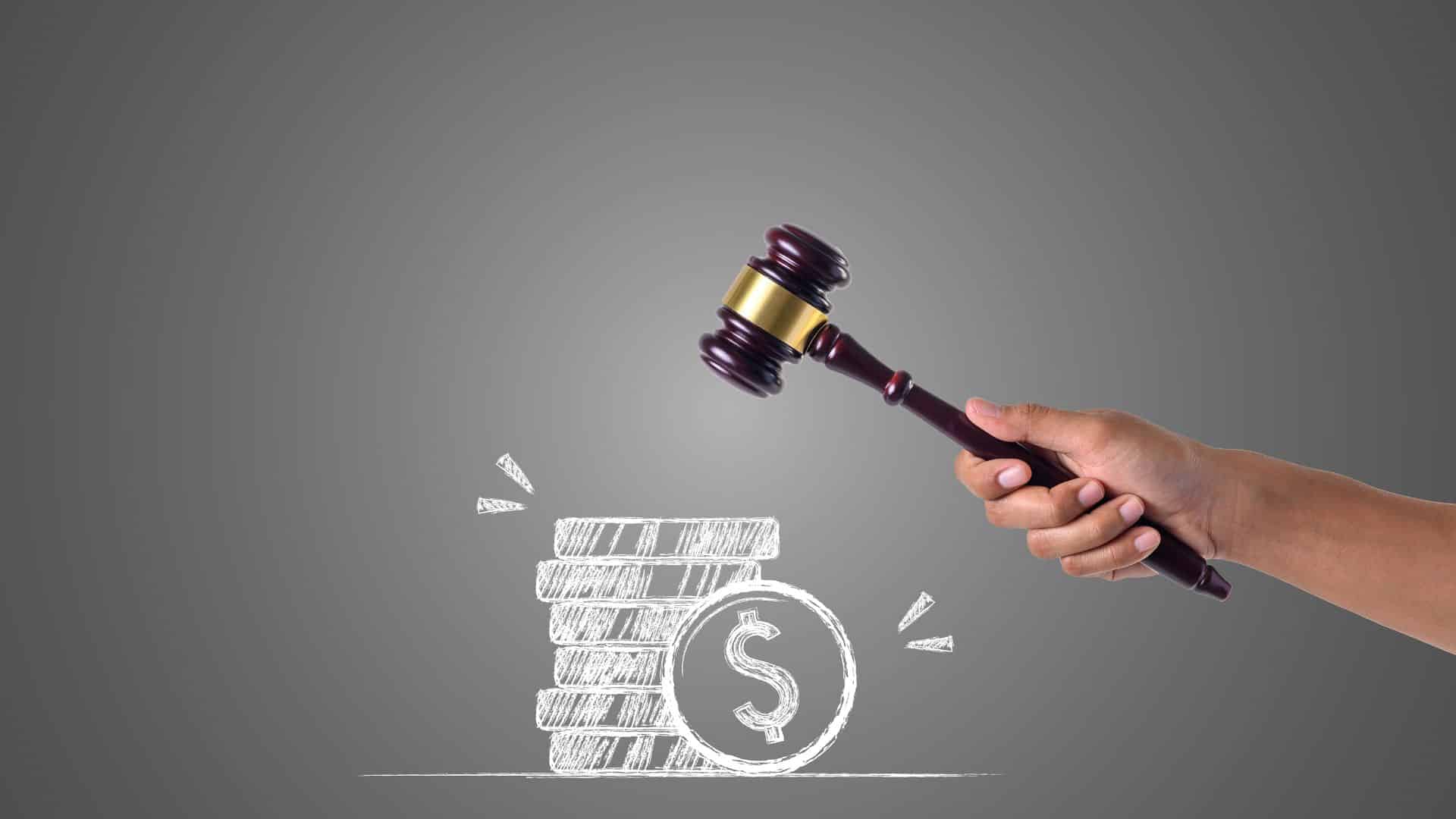Think of the last time you purchased a car. You likely compared several vehicles based on characteristics like size, color, and extra features. You also considered each vehicle’s price in reaching your decision. You didn’t want to sink money into a vehicle without being sure you would receive a good return on your investment. Injured victims often shop for Baltimore personal injury lawyers in a similar way, comparing various lawyers’ academic pedigrees, their individual professional experience, and perhaps even the flashiness of their websites. Cost is also considered, with many customers opting for the least expensive lawyer or firm. Like the prices of consumer goods, the price of a personal injury lawyer services is regulated by the free market (subject to some general legal prohibitions). But if you don’t regularly investigate how much does a personal injury lawyer cost, how are you supposed to know what a “typical” price for those services might be?
How Lawyers in Baltimore Assess Fees
Before getting into how much does a personal injury lawyer cost, it’s worth considering how Baltimore personal injury lawyers charge clients fees in the first place. Just as attorneys may differ in the number of fees they charge clients for similar services, they may also differ in how they calculate those fees.
Generally speaking, though, attorneys charge clients under one of three fee structures (or some combination of them): Hourly, flat, and contingency fees.
Hourly Fee Structure
Under the hourly fee structure, the attorney and client agree that the client shall pay the attorney a set dollar amount per hour worked.
Under this model, your attorney earns their fee once they’ve completed the work for which they’re billing you. In the end, you’ll owe the fee assessed against you even if your case isn’t successfully resolved.
Flat Fee Structure
Some attorneys opt for the simplicity of a fixed or “flat” fee when billing their clients. Under such an arrangement, the attorney and client agree that the client will pay the attorney a specific amount of money in one or more installments in exchange for specific services.
These fees are paid according to an agreed-upon schedule but are generally earned immediately and non-refundable regardless of the outcome of the case.
Contingency Fee Structure
In a contingency fee agreement, the lawyer defers the collection of attorney’s fees until the conclusion of the case. The client and attorney agree that the attorney’s fees shall equal a set percentage of the total recovery the lawyer is able to obtain.
If the attorney helps the client win a large settlement or verdict, the attorney’s fees will be greater than they would be if the attorney could only secure a more modest judgment.
Per a contingency fee arrangement, if the attorney doesn’t obtain any compensation for the client, then the client doesn’t owe any attorney’s fees.
How Contingency Fee Agreements Work

When a Baltimore personal injury lawyer works for you on a contingency basis, you benefit in that you don’t owe any fees until the conclusion of your case. This enables you to secure the attorney of your choice without having to come up with a large retainer.
Not only that but in most contingency fee arrangements, the attorney’s fee is paid directly from the compensation award you receive.
For example, imagine that your contingency fee arrangement allows the attorney to collect 25% of any judgment obtained, and your attorney obtains $100,000 in compensation for you. In this case, you’d receive $75,000, and your attorney would take $25,000 for their fees.
Percentages in Contingency Fees Are Negotiable
Like many aspects of a lawyer’s representation, the percentage your attorney retains is negotiable. It will often vary based on how far along your personal injury lawsuit is.
For example, if your case successfully resolves near the outset of the suit and before your Baltimore personal injury lawyer has engaged in intensive work, the contingency fee may only be 20%–25%.
However, that same agreement may stipulate that your attorney is entitled to 40% of your total recovery if your case is resolved through a successful jury trial. In this way, your attorney’s fees reflect not only the amount of compensation they’re able to obtain but also the amount of work required to obtain it.
Costs May Be Addressed in Other Ways
A contingency fee arrangement usually applies to the fees for the attorney’s services but doesn’t go toward covering certain other case costs.
Such costs can include the court’s filing fee, fees to have witnesses served with subpoenas, court reporter’s fees, and fees for obtaining copies of records. Your agreement may require you to pay these expenses as they come up or at the end of your case.
While your fee arrangement will describe how these litigation costs are to be paid, a popular method is for the attorney to bill you directly. You would then be responsible for paying the attorney’s costs within a set time frame.
Every case is different. That said, in a typical case, the costs incurred by your Baltimore personal injury lawyer constitute a minuscule fraction of your total potential recovery award.
How Much Does a Personal Injury Lawyer Cost in Joelbieber Law Firm
The Joel Bieber Firm offers its clients not just a contingency fee agreement but also a free initial case consultation.
During this meeting, our team will review your case, discuss your rights, and explain how a contingency fee agreement would work in your situation. This is your chance to ask questions about your case and your prospective attorney’s credentials and experience.
Don’t let a fear sky-high by thinking about how much does a personal injury lawyer cost you from getting professional, quality legal advice from The Joel Bieber Firm. Contact us and schedule your free consultation today.
Interesting Reads:
Should I Handle My Own Personal Injury Claim?

